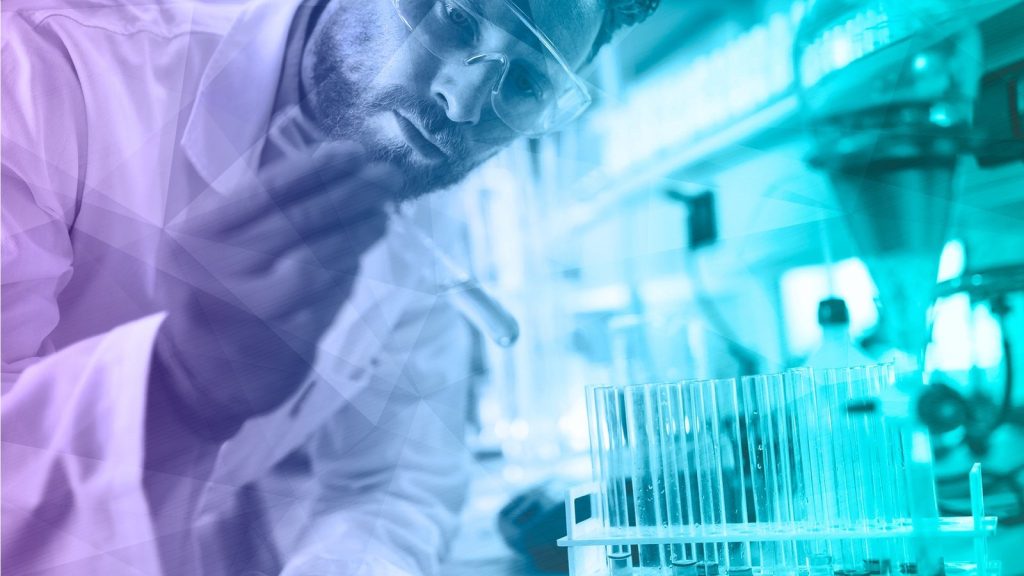Google Deepmind’s offshoot Isomorphic Labs is about to be a milestone: The first AI developed medication should go into the clinical test phase. The company wants to revolutionize medication development with alphafold technology.
AI breakthrough in medication development
Isomorphic Labs, a spin-off by Google’s AI subsidiary Deepmind, is preparing for his first clinical studies with medication developed by artificial intelligence. The company is facing a historical moment in pharmaceutical research. “We are building staff. We are very close,” explains Colin Murdoch, President of Isomorphic Labs and Chief Business Officer at Deepmind.
The company, founded in 2021 by Demis Hassabis, the co-founder of Deepmind, uses the groundbreaking Alphafold technology. This can predict protein structures in the human body with previously unmatched accuracy and enables the researchers completely new approaches to the medication administration. The latest version, Alphafold 3, goes one step further and can model the complex interactions of proteins with DNA, medication and other molecules.
Conventional drug development is a lengthy, costly and often unsuccessful process. As Fortune reports, clinical studies for potential new medication devour hundreds of million dollars. Out of 100 medication that goes into clinical studies, only ten make it on average. In the case of medication that fails in the studies, the money invested is completely lost.
The development process typically lasts between ten and 15 years. First of all, researchers identify potential active ingredients in laboratory studies before they are tested on animals in preclinical tests. Only then do the three phases of clinical studies follow in humans, with each phase placing stricter safety and efficiency requirements. Since its foundation, Isomorphic has grown into over 200 employees and has closed strategic partnerships with two pharmaceuticals: Eli Lilly and Novartis. These collaborations include both advance payments and success -dependent milestone payments and could be worth almost three billion dollars for Isomorphic Labs – without potential license fees from future medication sales.
Independent research
In parallel to the partnerships, Isomorphic initiates independent medication development, especially in the areas of oncology and immunology. After the early study phases, the company plans to licens its developments – a business model that minimizes risks and maximizes profit potential.
Murdoch is optimistic that the use of AI will not only accelerate the development and reduce costs, but can also significantly increase the chances of success in clinical studies. Alphafold technology could help to identify and sort out problematic candidates for active ingredients in early phases, according to the Isomorphic boss.

